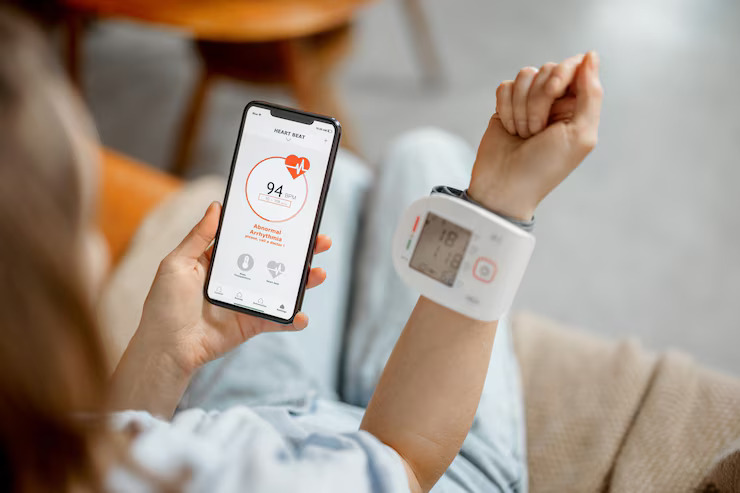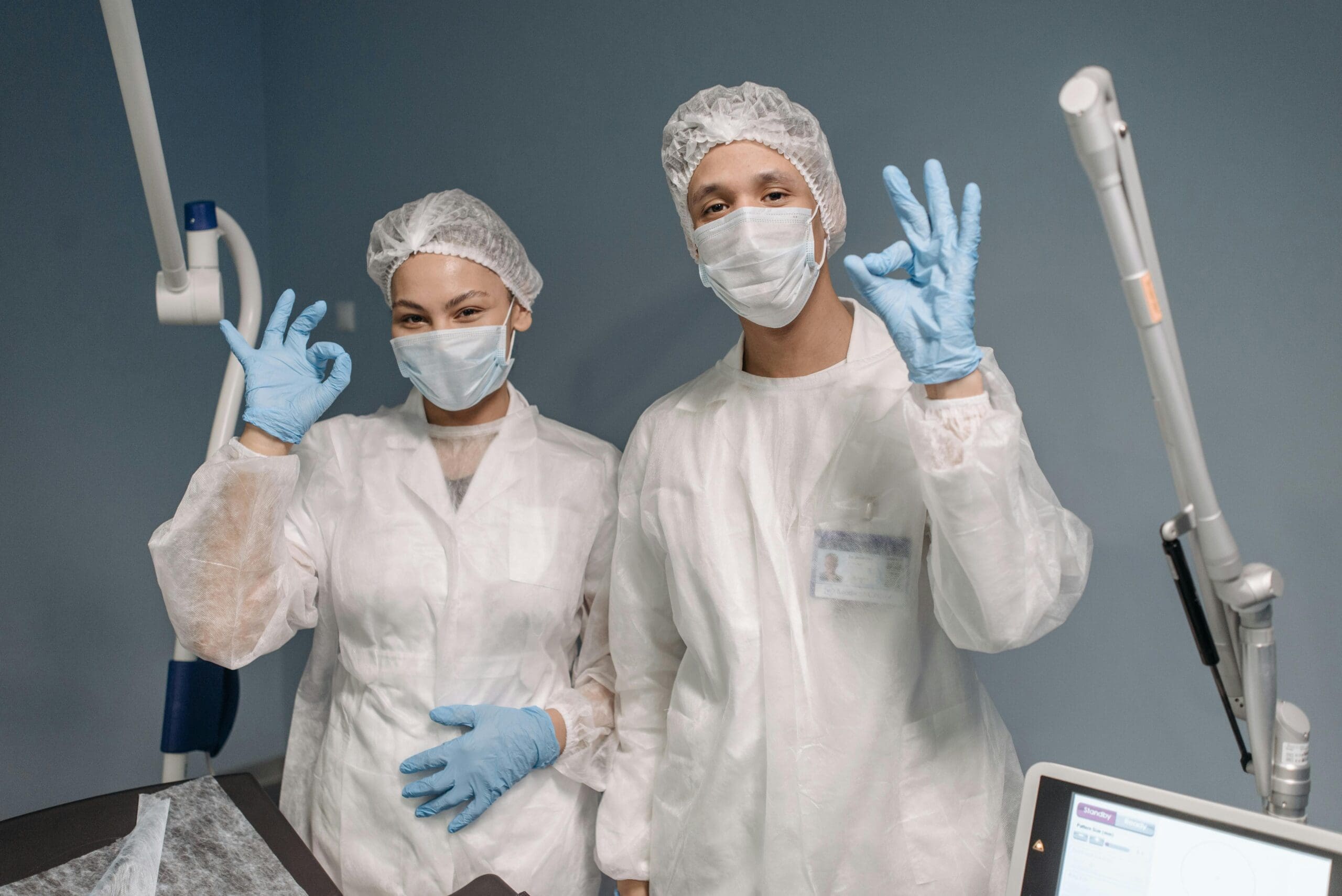In recent years, digital health and connected devices have revolutionized the healthcare industry, providing new avenues for patient care, data collection, and disease management. One of the most transformative elements of this technological evolution is automation. Automated workflows via the use of technology solutions, powered by artificial intelligence (AI) and machine learning (ML), are poised to be a “game changer” for digital health, offering enhanced efficiency, accuracy, and scalability. In this blog, we will explore the power of automation in digital health and connected devices, highlighting its benefits and potential impact on the future of healthcare.
Enhanced Data Collection and Monitoring
One of the primary advantages of automation in digital health is the ability to collect and monitor patient data seamlessly. Connected devices, such as wearables and remote monitoring tools, can gather real-time health information and transmit it to healthcare professionals automatically. This streamlines the data collection process, reducing the chances of errors and delays associated with manual entry. As a result, healthcare providers can access accurate and up-to-date patient information, enabling them to make informed decisions promptly.
Improved Patient Care and Personalization
Automation has revolutionized patient care by enabling personalized treatment plans and interventions. AI-powered algorithms can analyze vast amounts of patient data, including medical history, genetic information, lifestyle habits, and real-time monitoring data. With this information, healthcare providers can tailor treatment plans to suit individual patient needs, enhancing the quality of efficacy of care. Additionally, automation can send timely reminders to patients for medication adherence, follow-up appointments, and health goals, fostering better patient engagement and self-management.
Optimized Workflow and Resource Management
Automation in digital health can streamline administrative tasks and optimize workflow efficiency. Routine administrative processes, appointment scheduling, and billing can be automated, allowing healthcare professionals to focus more on patient care. Furthermore, connected devices can facilitate remote consultations, reducing the need for in-person visits and saving valuable time and resources for both patients and healthcare providers.
Continuous Remote Monitoring and Early Intervention
The power of automation in digital health lies in its ability to enable continuous remote monitoring of patients with chronic conditions or those at-risk of specific health issues. Connected devices can track vital signs, sleep patterns, physical activity, and other health indicators, transmitting the data to healthcare providers in real-time. The continuous monitoring empowers healthcare teams to detect any concerning trends or early warning signs, enabling timely interventions before a condition escalates. This proactive approach can potentially prevent complications, reduce hospital readmissions, and ultimately improve patient outcomes.
Challenges and Considerations
While automation in digital health offers numerous benefits, it is not without challenges. Security and privacy concerns are paramount when dealing with sensitive health data. Implementing robust security measures and adhering to regulatory standards is crucial to ensure patient information remains protected from potential breaches.
Moreover, there is a need for continuous monitoring and validation of AI algorithms to ensure their accuracy and reliability. As the technology evolves, healthcare professionals should stay informed and keep up with best practices to fully harness its potential.
The Future is Here
Automation has become a transformative force in the realm of digital health and connected devices. By streamlining data collection, personalizing patient care, improving medical diagnosis, optimizing workflow, and enabling continuous remote monitoring, automation is revolutionizing the way healthcare is delivered and experienced. As this technology continues to advance, the healthcare industry must embrace the power of automation while addressing its challenges responsibly to unlock a future of more efficient, accessible and patient-centered care.






































